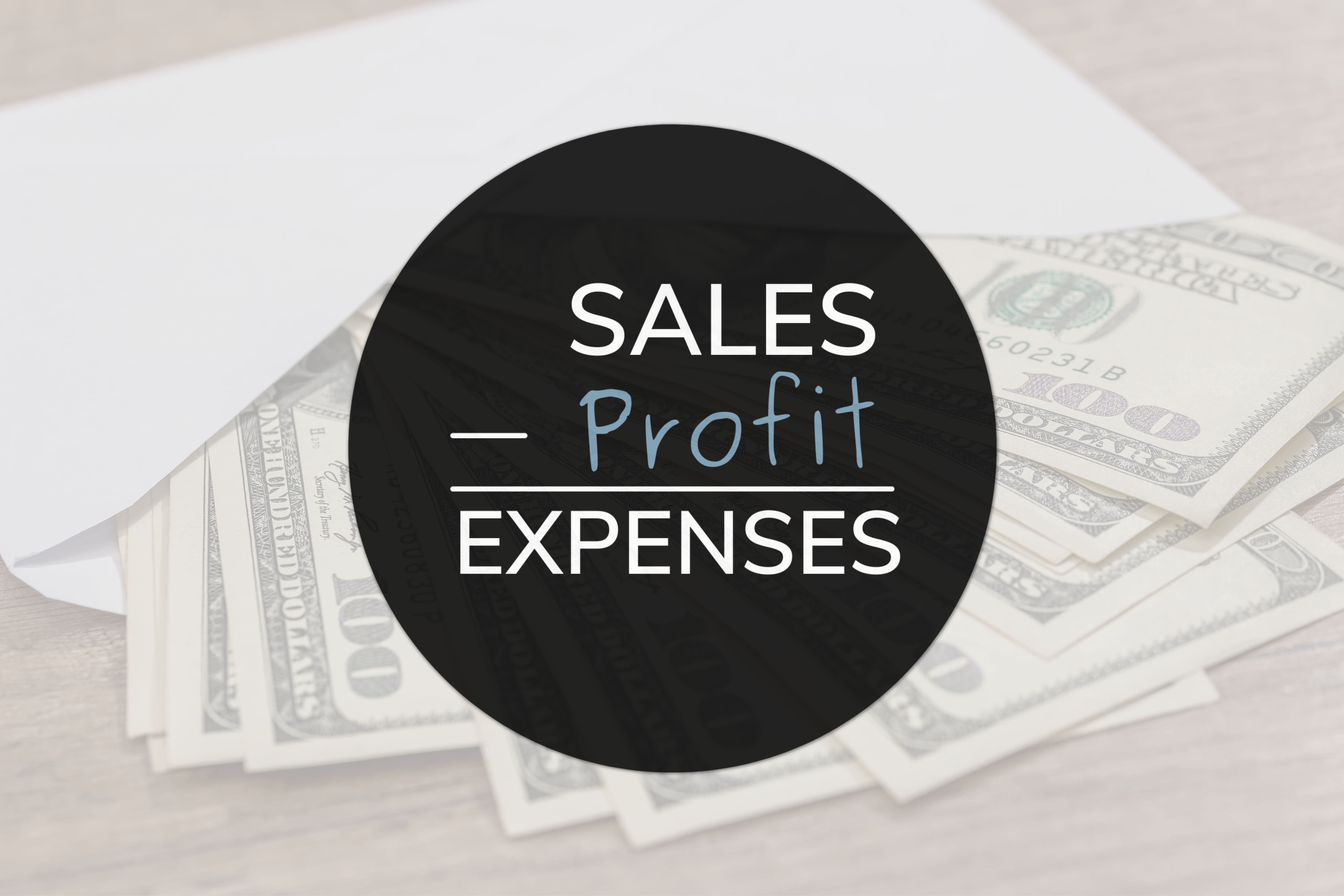7 Steps to Develop a Budget for Your Small Business
Developing a budget is a crucial aspect of running a successful business. A budget provides a roadmap for allocating resources, making informed...
3 min read
 Eric Joern
| January 27, 2025
Eric Joern
| January 27, 2025

Let’s be real—budgeting gets a bad rap. People hear the word and immediately think restrictions, cutbacks, and spreadsheets from hell. But a budget isn’t about what you can’t do. It’s about taking control, making intentional decisions, and ensuring every dollar is working for you.
Whether you’re running a business, growing your investments, or just making smarter financial moves, a budget isn’t something you should have—it’s something that will elevate everything you do in 2025. Let’s break it down in a way that actually makes sense.
Think of a budget like a business strategy for your money. If you’re running a company (or just running your life), you wouldn’t make big decisions without a plan, right? You’d look at the data, analyze what’s working, and adjust as needed. That’s budgeting in a nutshell.
Here’s what a solid budget does for you:
Takes the guesswork out of your finances – You know what’s coming in, what’s going out, and how much is actually working in your favor.
Turns goals into reality – Whether it’s scaling your business, saving for a big investment, or just making sure your cash flow stays healthy, a budget keeps things on track.
Gives you the power to say “yes” – When you know where your money is going, you can confidently invest, expand, or make major purchases without hesitation.
This isn’t about “cutting back.” It’s about being intentional with your money so you can do more, not less.
Before you start crunching numbers, get clear on what you’re working toward. What’s the goal?
Whatever it is, your budget is the game plan that gets you there.
Time to pull back the curtain and get real about what’s happening with your finances. Take a look at:
Numbers don’t lie. The more you know, the better decisions you can make.
Not all budgets are created equal. The best system is the one you’ll actually use. Here are three solid options:
For those who like a straightforward approach, a monthly profit and loss spreadsheet does the job. Track your expected income and expenses, compare them to actuals, and adjust as needed. No fancy tools—just clarity.
If you run a business, QuickBooks Online (the Advanced version) has built-in budgeting tools that allow you to add in budget and provide comparisons to actuals automatically. Less manual work, more real-time insights.
For businesses looking to scale or get deeper financial insights, having a fractional CFO manage and reforecast your budget regularly can be a game-changer. It takes budgeting from reactive to proactive—helping you make strategic decisions before they become urgent problems.
Your budget looks like a profit and loss statement—simple but essential. Focus on:
The key? Keep it realistic and adjust as needed—ONLY if material items in your business change.
At this stage, it’s time to budget by department—sales, marketing, operations, etc. Each area should have clear financial goals and spending plans that align with overall growth objectives.
Your budget should be a data-driven strategy. That means:
This is where third-party financial tools and expert advisors can add major value.
Creating a budget is one thing—following it is another. Here’s how to make it stick:
✔ Review it regularly – Set a monthly reminder. Check your actual numbers against projections and make adjustments based on reality.
✔ Hold yourself accountable – If you’re in business, make budgeting part of your team’s strategy. If it’s personal, use an app, a mentor, or an accountability partner.
✔ Be flexible, but not careless – Unexpected expenses happen. The key is to adjust your budget without abandoning it. If one area goes over, find where you can offset it.
A budget isn’t just about numbers—it’s about control, clarity, and confidence. The better you plan, the more power you have over your financial future.
So whether you’re looking to grow, invest, or simply stay ahead of the game, take this as your sign: Now is the time to get intentional with your budget.
Ready to build a budget that actually works? Start today and make 2025 the year you take your financial game to the next level. Let’s make it happen.

Developing a budget is a crucial aspect of running a successful business. A budget provides a roadmap for allocating resources, making informed...

Are you thinking about selling your business? If retirement is on your horizon, you're not alone. At one time, many small business owners are...

Most CPA firms don’t encourage the Profit First model, here’s why we do. Profit First is a book written by Mike Michalowicz on how to properly budget...